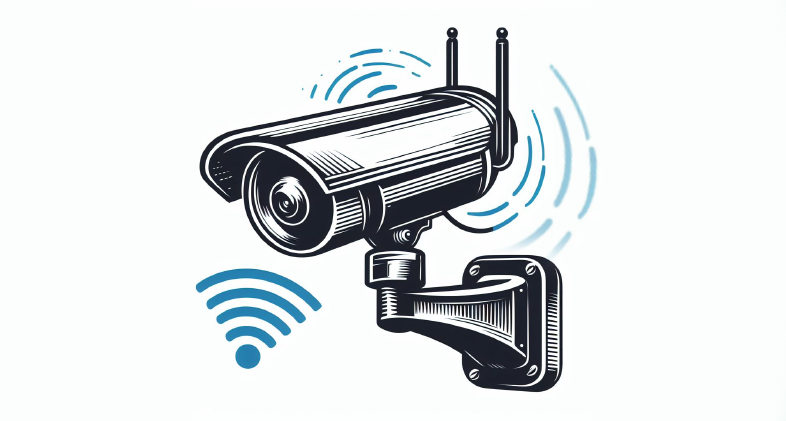Traditional alarm and security systems have relied on wired connections and centralized monitoring centers. However, IoT has changed the security industry by introducing wireless and internet-connected devices that can be remotely monitored and controlled.
Smart sensors, 4G cellular security cameras, door locks, motion detectors, and much more are now capable of communicating with each other, often orchestrated through a centralized control hub or even remotely through smartphone applications. So, let’s figure out a celullar security and alarm monitoring system…
What is a Cellular Security System?
A cellular security system is a type of a monitored IoT-based security system that communicates alarm signals over wireless cellular towers in the event of an intrusion or other insecure situations.
These systems communicate directly with the end user or central monitoring station when there is a risk of burglary and vandalism. Because wireless communication is being utilized, your premise is protected even if there is no wired Phone/VoIP, WiFi, or Internet connection (e.g. if your premise is broken into and the intruder cuts your Internet connection).

This interconnectivity fosters real-time monitoring and a holistic understanding of security, enabling quicker response times and more accurate threat assessment. IoT SIM cards are designed with the unique needs of connected devices in mind.
6 Main Benefits of Utilizing Cellular Network
The advantages of using cellular network with alarm and security systems include:
- Real-Time Cellular Alarm Monitoring. Cellular cameras for security equipped with Data SIM cards transmit live footage to monitoring centers, allowing security personnel to monitor premises remotely and take immediate action when necessary.
- Instant Alerts. Data SIM-enabled sensors can detect unauthorized access, breaches, or unusual activities. They can instantly send alerts to property owners and security teams, ensuring swift responses.
- Remote Control. Data SIM cards for alarm systems enable remote control of security devices. Homeowners can arm or disarm cellular home security, lock or unlock doors, and adjust LTE security cameras that use cellular data remotely through mobile applications.
- Extended Coverage. Traditional Wi-Fi connections are limited by the range and accessibility of physical infrastructure, while cellular alarm and security systems can operate in remote and rural areas.
- Cost-effectiveness. This is another compelling aspect of utilizing IoT SIM cards in security systems. Setting up traditional wired or Wi-Fi connections can be both expensive and time-consuming, while cellular network options eliminate the need for complex installations, reducing upfront costs and allowing for easy scalability as your security needs evolve.
- Cellular Backup. Often traditional security systems rely on a hardwired connection for 24 hours a day, meaning if the power goes out or if your data connection drops for any reason, the entire system is rendered useless. Backup power systems provide peace of mind and ensure that you can rely on them even when traditional electricity sources might fail.

